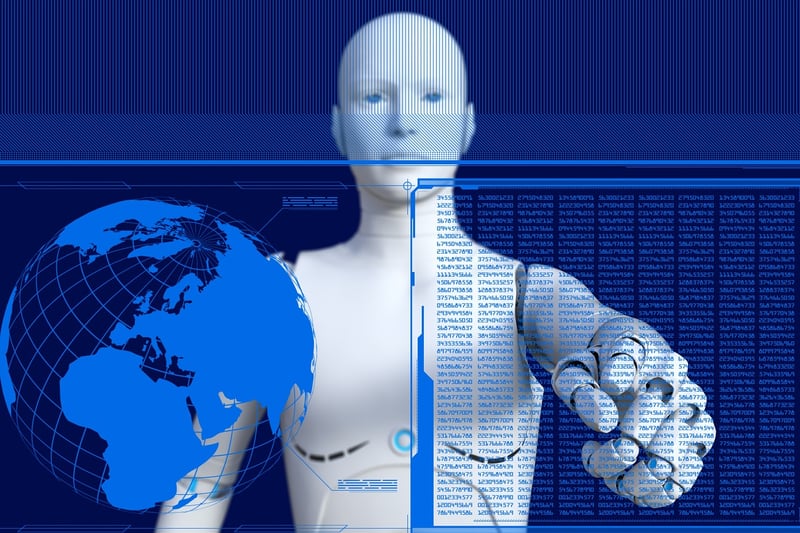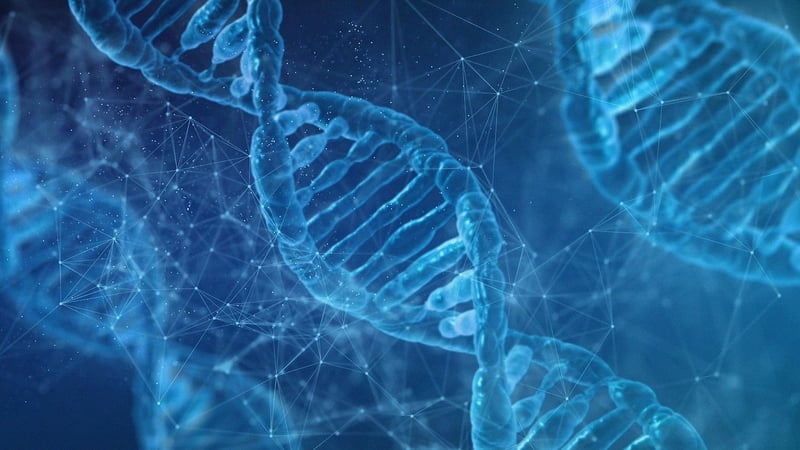Alteration Consequences
The Impact of Moral Considerations on Alteration Consequences
In today's world, where technology is advancing at an unprecedented rate, the ethical implications of altering various aspects of our lives cannot be overlooked. The decisions we make, whether on a personal or societal level, are often guided by moral considerations that can significantly influence the consequences of any alterations we choose to implement.
Understanding Moral Considerations
Moral considerations encompass a wide range of principles that govern what is considered right and wrong. These principles are often rooted in cultural, religious, or philosophical beliefs and shape our decisions and actions. When contemplating alterations, whether in the form of technological advancements, societal changes, or personal choices, it is essential to consider the moral implications of these changes.
The Interplay between Morality and Consequences
Our moral compass guides us in assessing the potential consequences of our actions. Alterations that align with our moral values are more likely to result in positive outcomes, both for individuals and society as a whole. Conversely, disregarding moral considerations can lead to unintended negative consequences that may have lasting effects.
Examples of Moral Considerations in Alteration Consequences
1. Genetic Engineering: The debate surrounding genetic engineering raises questions about the moral implications of altering the genetic makeup of living organisms. Considerations of ethics, equity, and environmental impact play a crucial role in determining the consequences of such alterations.
2. Artificial Intelligence: As AI continues to advance, ethical concerns about its impact on society, privacy, and job displacement come to the forefront. Moral considerations in the development and deployment of AI technologies can shape the outcomes of these alterations.
Conclusion
Ultimately, the interplay between moral considerations and alteration consequences highlights the importance of making informed and ethical decisions. By carefully assessing the moral implications of our choices, we can navigate the complexities of a rapidly changing world while striving for positive and sustainable outcomes.


